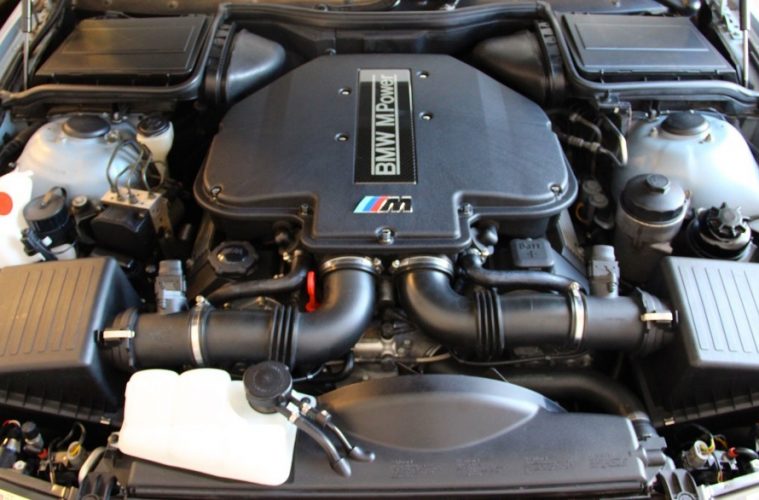How Deposits in Combustion Chambers Affect Diesel Cars?

Diesel engine is structurally different compared to gasoline engines and they prone to specific problems. Diesel cars may have poor emissions, deposits and incomplete combustion. Deposits in combustion chambers, valve and injectors could affect the performance of diesel cars. Diesel fuel could also affect the performance of the engine. Diesel fuel variant with very low sulfur content has lower lubricity property. Some diesel fuel types are not appropriate for cold weather due to gelling problems. Also, diesel fuel that’s stored too long may have microbial infestation, water buildup and oxidative breakdown. Specific additives like biocide may be needed. Despite all the drawbacks, diesel engines have a number of advantages that we should know. Diesel cars are typically more efficient, because it relies on compression ignition, instead of spark ignition. Diesel engines are more durable and last longer, so they are useful for long-range transportation and industrial uses. One of the biggest problems with diesel engine is deposits on combustion chamber. This could happen because the burning process of diesel fuel is dirtier than gasoline. Diesel fuel has heavier and large hydrocarbon molecules chain.
Larger hydrocarbon molecules contain larger amount of energy than shorter ones. Because diesel fuel has more carbon bonds, when they break, they release more energy. However, because molecules are more complex with more bonds, it is likely that diesel fuel doesn’t combust completely. When fuel undergoes complete combustion process, it releases heat and gas emissions. When the combustion process is incomplete, deposits may form inside the engine chambers. When the deposits accumulate inside the chamber, the volume will change. It means that the engine will no longer be able to maintain perfect combustion and diesel fuel won’t burn at the right time. This also applies to gasoline engine, the presence of deposits could actually increase the effective octane rating of gasoline by a few points. Deposits in the combustion chambers of diesel engine act as both sponges and insulators. When there’s too much deposit inside the combustion chamber, the overall temperature inside the chamber will be higher. This condition could also worsen the emission quality, because higher temperature will increase the Nox emission.
Excessive deposits inside the combustion chamber may disrupt performance and ideal rate of combustion. It happens because the proper flow of air and fuel vapor has been disrupted. By letting deposits from accumulating inside the chambers, we essentially change the carefully engineered design. We should also know that deposits inside the chambers are essentially porous, with plenty of crevices and cracks, just like normal sponges. Other than changing the dimension of the chamber, sponge-like deposits also cause changes in the inner working of the diesel engine. In general, deposits in the combustion chamber tend to affect power and performance. Mileage could be affected as well, because the engine needs to burn more fuel to achieve desired power. Even so, the effect on mileage is usually less significant compared to reduced performance and power. Car owners need to go to reliable auto repair shops to solve this problem.
